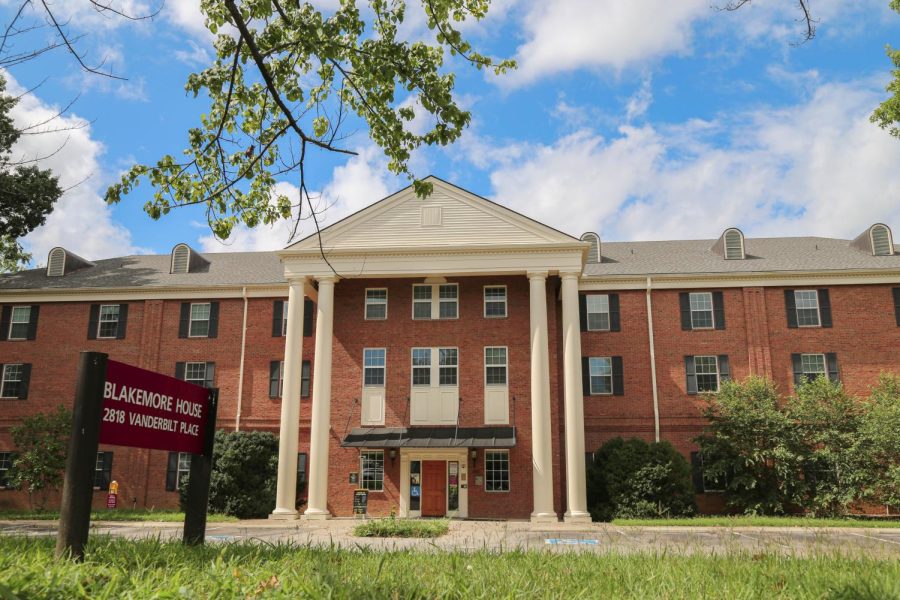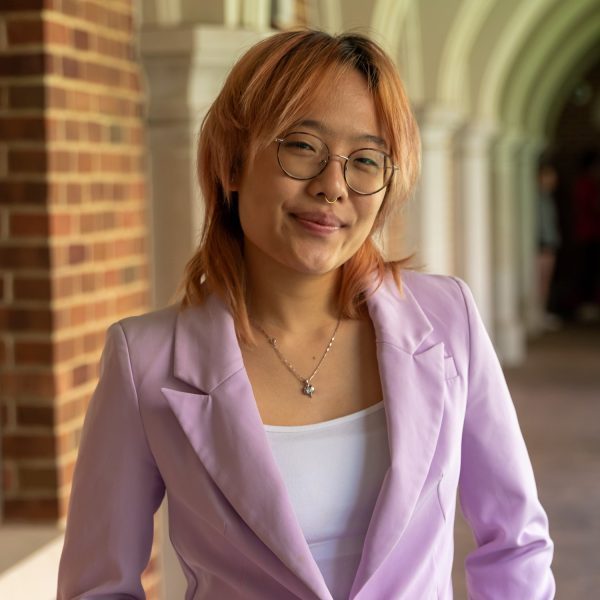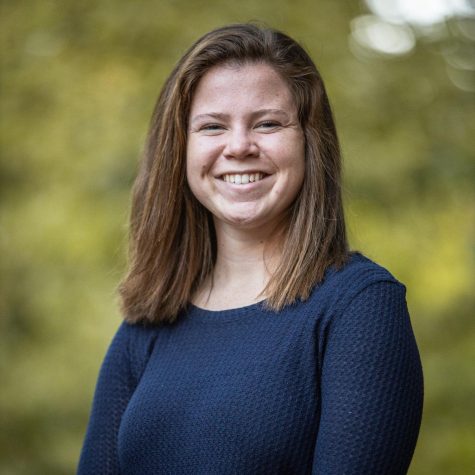Vanderbilt faculty are no longer allowed to offer Zoom options for students who are unable to attend in-person classes, even if they are quarantining due to having contracted COVID-19.
As of January 2022, students must remain in isolation for five days after symptoms start or since they tested positive—whichever occurs first. In Fall 2022, students were required to quarantine for 10 days, in alignment with CDC guidance.
“Offering synchronous, remote options via Zoom or other tools is inconsistent with the university’s decision to return to in-person instruction and could potentially cause issues of equity among students,” a university statement emailed to The Hustler reads.
In a March 7 interview with The Hustler, Chancellor Daniel Diermeier stated that professors are permitted to host Zoom classes if they are quarantining due to having contracted COVID-19 or being identified as a close contact. Diermeier emphasized that the university “did not feel that that [hybrid learning] was a successful learning experience” but exceptions would be made for professors “because they are the ones delivering the lectures.”
In the statement, the university said it communicated changes to virtual class policies to faculty members before Spring 2022. It also stated that an email was sent to all faculty members at the start of the Spring 2022 semester, reminding them that offering Zoom options was prohibited. University administrators also discussed these policies in a Jan. 11 town hall directed toward undergraduate students and families.
“Even when I went to the town hall for this semester, I was a little confused about testing protocols, because testing isn’t mandatory, and about what happens if you test positive,” sophomore Nadia Mcglynn said. “I know now, but only because some of my friends tested positive and from hearing information from my individual professors.”
Students cite a lack of transparency about the policy and varied in their level of understanding about the university’s current rules.
“I think the policies were more clear in the 2020-21 year because at the time COVID-19 had just started and the pandemic was so uncertain, so the school was trying to be super cautious,” junior Jacob Friedmann said. “This year, the policies keep changing and aren’t being as clearly communicated.”
First-year Sam Belcher did not know that students were prohibited from attending classes virtually prior to being interviewed by The Hustler on March 18.
“I have no idea what you do [after testing positive],” Belcher said. “I don’t think we have to quarantine, do we?”
After learning of Vanderbilt’s current virtual class policy, Belcher said he sympathizes with people who are affected by it.
“I feel like you would fall behind for doing the right thing,” Belcher said. “That doesn’t make sense.”
Students like Mcglynn and first-year Ty Revering expressed concern about the consequences of not offering a Zoom option to sick students, especially in light of the elimination of the indoor mask mandate as of March 9. Revering and Mcglynn stated that the policies may cause students to have increased motivation to attend class in-person while ill or to not get tested for COVID-19.
“Especially now that it’s mask-optional, I feel like people are going to get sick a lot more. In the past, [before COVID-19] I’ve definitely just gone to class sick, but we shouldn’t do that, especially now that we are living in a pandemic,” Mcglynn said. “You kind of have to, though, or otherwise you will fall behind.”
Sophomore Charity Davis tested positive for COVID-19 and quarantined in Blakemore from Jan. 19 until Jan. 22, causing her to miss part of the first week of the Spring 2022 semester. Davis said none of her professors were able to offer her a Zoom class option.
“One of my professors sent me her PowerPoint slides. Most of my professores were pretty accommodating,” Davis said. “For the ones that weren’t, I was able to get notes from someone else, but it was annoying to have to ask people for notes from the class then have to take notes myself.”
Davis also stated that not having a Zoom option for her environmental sociology class while quarantined influenced her decision to ultimately drop it.
“Quarantine definitely expedited my decision,” Davis said. “I knew that I wouldn’t really be able to understand the readings to the best of my ability if I wasn’t able to go to class and have it explained.”
The university statement said administration supports faculty if they decide to give asynchronous resources to absent students. These resources include “recording and posting lectures, assisting with finding other students to take class notes, posting class notes, additional readings or discussion guides online, arranging times to meet for office hours online or via phone, [and] agreeing to a proactive plan for missed assignments, new dates for examinations and extended deadlines.”
Faculty members have also taken issue with the policy, including associate professor of philosophy Idit Dobbs-Weinstein. She said she is 71 years old, has lung disease and two other serious chronic diseases, all factors that she stated put her at high risk for COVID-19. As a result, she said she requested to continue teaching completely remotely this semester, but the university reportedly denied her request. Dobbs-Weinstein stated that this alleged refusal to accommodate her needs is a violation of the American with Disabilities Act. Dobbs-Weinstein declined to share this communication with the university with The Hustler.
“I’m really too high risk, and they do not want to accommodate that,” Dobbs-Weinstein said.
Dobbs-Weinstein said Caitlin Bird, reasonable accommodation manager of the Equal Opportunity and Access Office, told Dobbs-Weinstein via email that the only way for her to not teach in-person in Spring 2022 would be to take unpaid leave. Unless she is allowed to continue teaching online, Dobbs-Weinstein stated that she will consider “taking Vanderbilt to court.”
Bird did not respond to The Hustler’s request for comment and Dobbs-Weinstein declined to forward her communications with Bird to The Hustler. The university has not responded to The Hustler’s request for comment on Dobbs-Weinstein’s situation or her communications with administrators.






